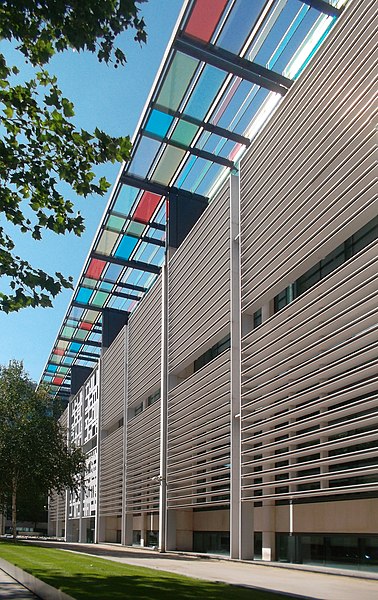
The Home Secretary has fulfilled his commitment to overhaul the UK's immigration framework, aiming to curtail unsustainable levels of migration and ensure newcomers do not strain
public resources.
The latest initiative in the Prime Minister and Home Secretary's strategy to reduce legal migration involves raising the minimum income threshold for sponsoring family members immigrating to the UK. Effective immediately, the threshold increases from £18,600 to £29,000, marking a 55% rise. By early 2025, it will rise further to £38,700, aligning with the new salary requirement for a Skilled Worker visa.
This development follows through on the Home Secretary's pledge to implement a comprehensive package of immigration reforms swiftly after their announcement. These measures, introduced subsequent to the tightening of the student visa route in May 2023, would render approximately 300,000 arrivals to the UK ineligible under the new regulations.
The complete set of implemented measures includes:
- Ending the ability for most students to bring dependents to the UK.
- Restricting care workers from sponsoring family members.
- Mandating care providers to register with the Care Quality Commission when sponsoring migrant care workers.
- Initiating a rapid review of the Graduate route for international students by the Migration Advisory Committee to safeguard against abuse and preserve the quality of UK higher education.
- Increasing the minimum salary threshold for Skilled Worker visa holders from £26,200 to £38,700.
- Introducing an Immigration Salary List to replace the Shortage Occupation List, preventing employers from paying migrants less than UK workers in shortage occupations.
Home Secretary James Cleverly remarked on the urgency of addressing mass migration, emphasizing the need for determined action to enact meaningful change. He underscored the government's commitment to reducing unsustainable migration levels, safeguarding British workers' wages, and fostering a robust immigration system that garners public confidence.
The phased approach to raising the income requirement aims to provide families with predictability while ensuring financial stability for those immigrating to be with loved ones. The government maintains that family reunification should not burden taxpayers, emphasizing the importance of migrants integrating into British society and contributing economically.
The revised income requirement, unchanged for over a decade, aims to promote self-sufficiency among families and bolster the economy. Sponsors or applicants in the UK with permission to work must now demonstrate a minimum income of £29,000 earned in the UK, which can be supplemented with savings.
The government's objective of fostering a high-skill, high-wage economy necessitates measures to reduce reliance on mass migration while attracting top-tier talent from abroad. These efforts align with ongoing initiatives to combat illegal migration and enhance immigration enforcement in collaboration with international partners. Photo by Fancy Roof on the Home Office by Des Blenkinsopp, Wikimedia commons.



































